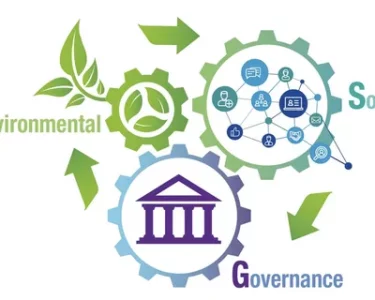In a surprising turn of events, the cohort of workers who had once championed remote work as a means of escaping the office grind are now grappling with a new challenge: loneliness. As the pandemic accelerated the adoption of remote work, many professionals embraced the newfound freedom and flexibility. However, the isolation and lack of social interaction that comes with working from home have emerged as unforeseen consequences, leaving some yearning for the camaraderie of office life.
The rise of remote work was initially celebrated as a paradigm shift in the modern workforce. It promised liberation from the daily commute, endless meetings, and the distractions of a traditional office environment. Employees hailed the ability to work in their comfortable spaces, set their own schedules, and enjoy a better work-life balance. However, as time passed, the sheen began to fade, revealing an unexpected side effect.
One of the main concerns expressed by workers resisting the office grind was the lack of human connection and camaraderie. Office spaces fostered a sense of community, where colleagues could socialize, share ideas, and build relationships. Watercooler chats, spontaneous brainstorming sessions, and after-work outings were outlets for both professional and personal connections. Now, these avenues for social interaction have been replaced by virtual meetings, instant messaging, and email exchanges, which often lack the warmth and spontaneity of face-to-face interactions.
For some workers, the isolation has taken a toll on their mental health. Loneliness and a sense of disconnection from their colleagues have led to feelings of melancholy and reduced motivation. The absence of informal interactions, such as grabbing lunch together or collaborating on a project in person, has eroded the sense of belonging and team spirit that many workers thrived on.
Additionally, remote work has blurred the boundaries between personal and professional life, making it harder to establish a healthy work-life balance. With the office just a few steps away, many workers find it challenging to disconnect and unwind after the workday ends. The lack of separation between work and leisure further exacerbates the feelings of isolation, as they find themselves physically surrounded by their homes but emotionally disconnected from their colleagues.
As companies grapple with these unexpected consequences, some have taken proactive steps to address the loneliness issue. Virtual social events, such as online team-building activities, coffee breaks via video calls, and wellness programs, have become popular solutions to combat the sense of isolation. Companies are also exploring hybrid work models that allow employees to have the best of both worlds—working remotely while also having opportunities for in-person collaboration and socialization.
However, it is important to acknowledge that not all workers are affected by the same degree of loneliness. Introverts, for example, may find solace in the tranquility of their home offices, while extroverts may struggle with the lack of social stimulation. Understanding and catering to the diverse needs of employees will be crucial in designing effective strategies to alleviate the loneliness epidemic that has emerged within the remote workforce.
The era of remote work has brought about a fundamental shift in how we approach our professional lives. While it has undoubtedly offered many benefits, the unforeseen isolation and loneliness experienced by workers resisting the office grind underscore the importance of striking a balance between the freedom of remote work and the social connections fostered in traditional office spaces.
As we navigate this new frontier of work, it is vital that organizations and individuals alike prioritize the well-being and mental health of their remote workforce. Only by acknowledging and addressing the challenges of loneliness can we ensure that remote work remains a sustainable and fulfilling option for the modern workforce.
Opinion Piece: The Remote Work Paradox: Liberated Yet Lonely
In the race to escape the shack




